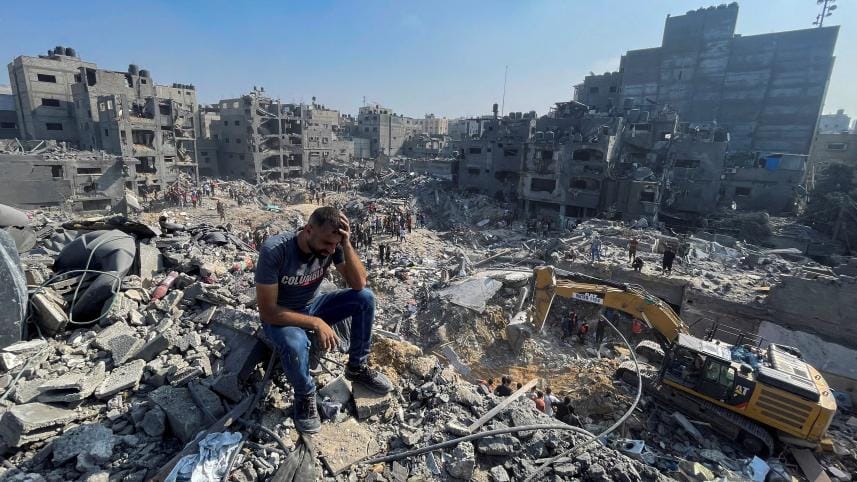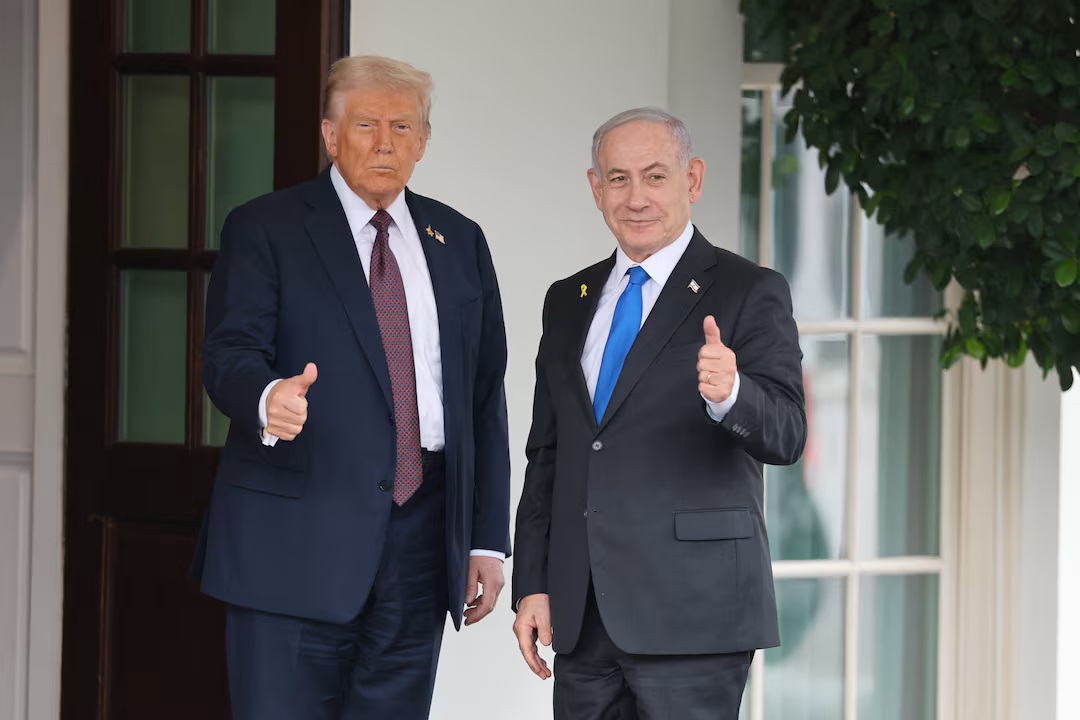Can Trump’s proposal deliver real peace for Gaza?

The world welcomed Hamas's acceptance of US President Trump's proposal. Although it was only a partial acceptance, it revived justified optimism that a genuine process to end the massacre and destruction in Gaza could begin. This resolution comes after Israel's war in Gaza killed at least 66,288 Palestinians and wounded around 170,000. Hamas withstood intense pressure from critics who argued that acceptance would constitute a humiliating surrender and mark the liquidation of the Palestinian cause, reinforcing what Israeli media portrayed as Israel's coronation as regional hegemon.
Hamas's acceptance directly undermined Netanyahu's expectations. He found himself forced to tone down his usual rhetoric. He ceased repeating his mantra of "absolute victory," and the Israeli forces amassed in Gaza shifted their stance from attack to defence. This marked a significant change from just a day earlier, when Israeli Defence Minister Katz threatened to unleash "hell" on Gaza.
We remain in the early hours of a long and difficult path towards ending the war. The immediate priorities should include reconstruction of the demolished Gaza Strip, delivery of humanitarian aid, and transitioning the Israeli army from defence to withdrawal. Once all hostages return, maintaining a military presence becomes unnecessary.
The foreign ministers of Egypt, Indonesia, Jordan, Pakistan, Qatar, Saudi Arabia, Türkiye, and the UAE issued a joint statement welcoming the proposal to rebuild Gaza, prevent Palestinian displacement, and block annexation of the West Bank. The ministers emphasised their readiness to work with the United States to secure a comprehensive deal guaranteeing unrestricted humanitarian aid, the release of hostages, full Israeli withdrawal, and the creation of a Palestinian state integrating Gaza and the West Bank. Their statement highlighted Arab and Islamic unity, aligning regional diplomacy with the global push for peace.
It is equally important to recognise that this diplomatic opening would not have been possible without the tireless efforts of activists around the world. For nearly two years, civil society groups, human rights organisations, student movements, and ordinary citizens have kept Gaza at the centre of global attention. They marched in capitals, organised boycotts, pressured their governments, and documented every atrocity to ensure that Palestinian suffering could not be ignored. Most recently, the global Sumud Flotilla and Media Coalition—at the heart of which were renowned Bangladeshi photojournalist Shahidul Alam and Bangladeshi aid worker Ruhi Akhtar—attempted to break the siege of Gaza, adding further pressure on Israel. Their persistence helped shift public opinion in Western states, forcing leaders who once avoided the issue to confront the political costs of silence. In many ways, the growing international recognition of a Palestinian state and the pressure now bearing down on Israel and the United States are the fruits of these grassroots struggles. Without such relentless advocacy, the push for a ceasefire and a just peace might never have gained its current momentum and urgency.
Hope is now rekindled for an end to this war. This is a moment of immense relief for all Palestinians. Our joy lies in the cessation of the insufferable bloodbath that engulfed Gaza for two brutal years, and even earlier. Yet, our victory will not be complete until the occupation and settlement in the West Bank also end. President Trump must be convinced of this link: what happens in Gaza cannot be separated from the broader path to peace in the Middle East. It is time to open the Palestinian file not only through recognition but through the actual establishment of the state.
The wave of international recognition has revived the Palestinian cause, but it must not stop at Gaza. It must extend to the full Palestinian struggle, resulting in an end to occupation and settlement expansion in the West Bank as well. These recognitions reflect the will of the world, but that will was forged by the sacrifices of the Palestinian people and their steadfast commitment to homeland, freedom, and independence.
Furthermore, Hamas's acceptance of Trump's proposal has backed Israel into a corner. Yet much remains at stake, and the outcome will depend on the painful details of negotiations over hostage exchanges, troop withdrawals, reconstruction, and the long-denied recognition of Palestinian sovereignty. For now, the tide has turned, but it would be naive to believe that power concedes without resistance. The people of the world, whose solidarity and activism helped bring this moment into existence, must remain vigilant—for only constant pressure can ensure that this fragile opening becomes the foundation of a just and lasting peace in Palestine and the broader Middle East.
Yousef SY Ramadan is the ambassador of Palestine to Bangladesh.
Views expressed in this article are the author's own.
Follow The Daily Star Opinion on Facebook for the latest opinions, commentaries and analyses by experts and professionals. To contribute your article or letter to The Daily Star Opinion, see our guidelines for submission.




 For all latest news, follow The Daily Star's Google News channel.
For all latest news, follow The Daily Star's Google News channel. 

Comments